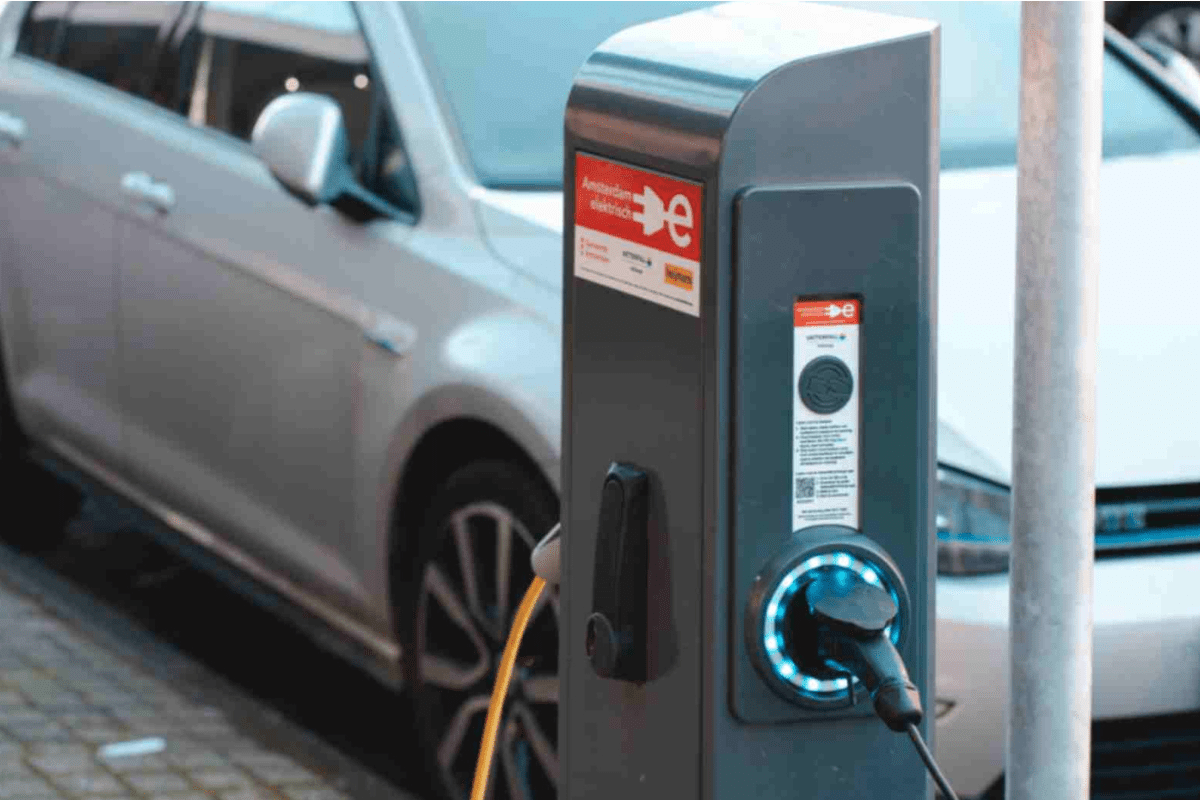The United Arab Emirates (UAE) recently made a significant move in its taxation policy with Cabinet Decision 91 of 2023, introducing the Reverse Charge Mechanism (RCM) for electronic devices. Effective from October 29, 2023, this decision shifts VAT liability from suppliers to recipients, signaling a pivotal change in VAT dynamics. While welcomed, this adoption raises queries about its scope, especially concerning the definition of electronic devices and its application to exports and business-to-consumer (B2C) supplies.
Scope of Electronic Devices
The definition of “electronic devices” within RCM covers a broad spectrum, including mobile phones, smartphones, computers, tablets, and related spare parts. This inclusive definition aims to eliminate ambiguity and provide clarity on the devices subject to RCM.
Applicability and Exemptions
RCM applies when supplies target VAT-registered recipients intending to resell these devices or use them in electronic device production. It’s crucial for businesses to discern when RCM becomes applicable. Importantly, RCM doesn’t apply to electronic device exports, emphasizing the streamlining of domestic transactions.
Conditions for Recipients
To fall under RCM, recipients must meet specific conditions. This includes submitting a written declaration to the supplier confirming the intention to resell or use devices for production. Additionally, confirming VAT registration with the Federal Tax Authority ensures transparency and compliance.
Duties of Suppliers
Suppliers have pivotal roles in RCM implementation. They must receive and retain written declarations from recipients, indicating their intent for the devices. Additionally, verifying the recipient’s VAT registration status is necessary to ensure compliance.
Conclusion: Preparing for Change
The introduction of RCM for electronic devices in the UAE represents a substantial VAT shift. While clarity is provided on certain aspects, questions linger on device definitions and RCM scope, especially concerning exports and B2C supplies. As the implementation date nears, businesses should stay vigilant, seeking guidance from tax authorities for a seamless transition and compliance with the new framework.
Navigating these changes demands a proactive approach. Businesses must grasp the intricacies of RCM, ensuring compliance and leveraging guidance from authorities to smoothly transition into this new VAT landscape in the UAE.


